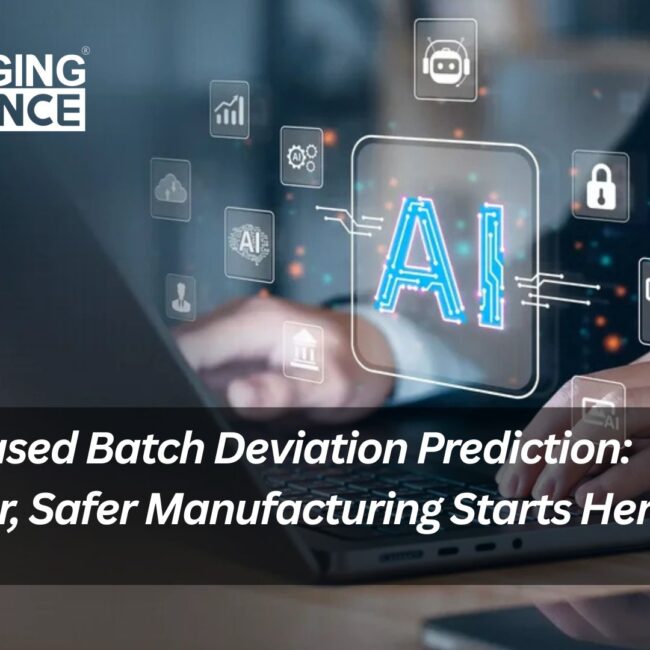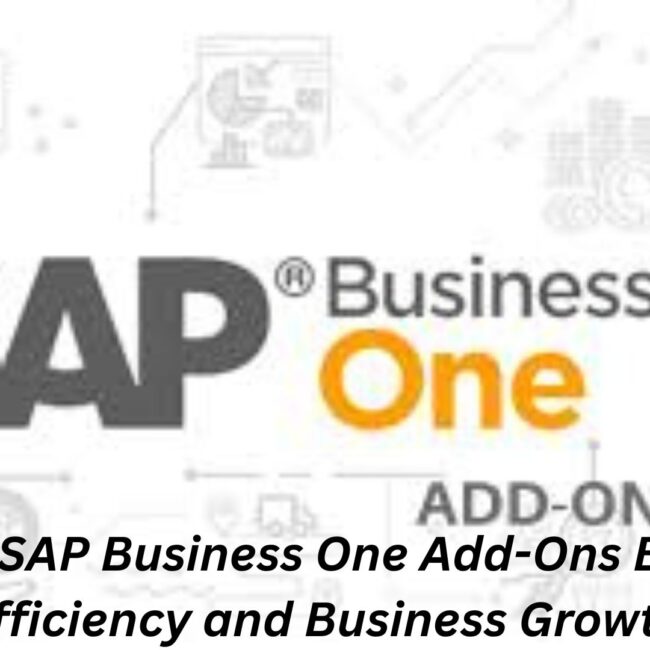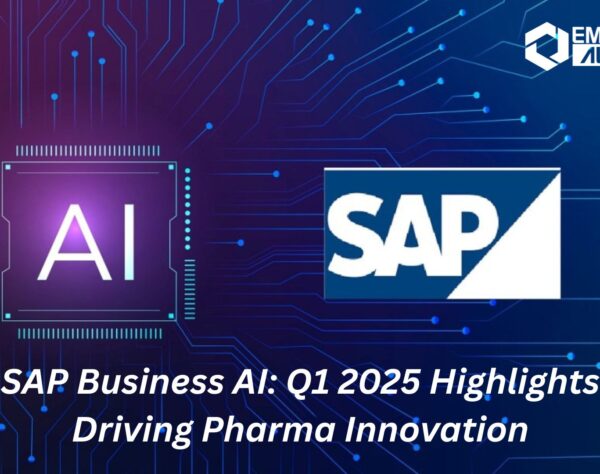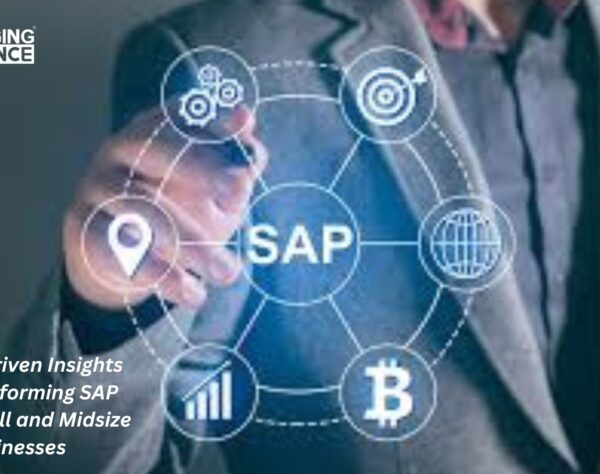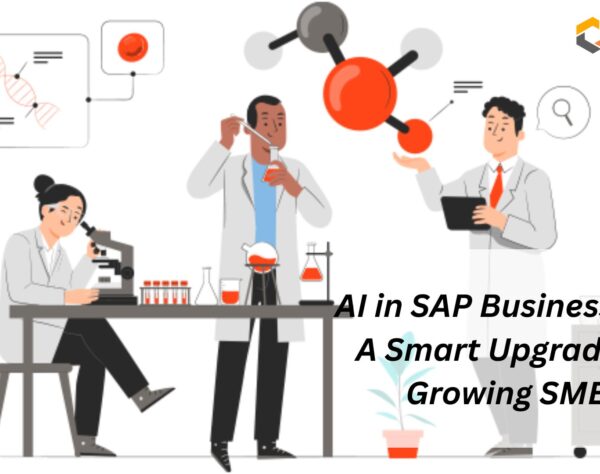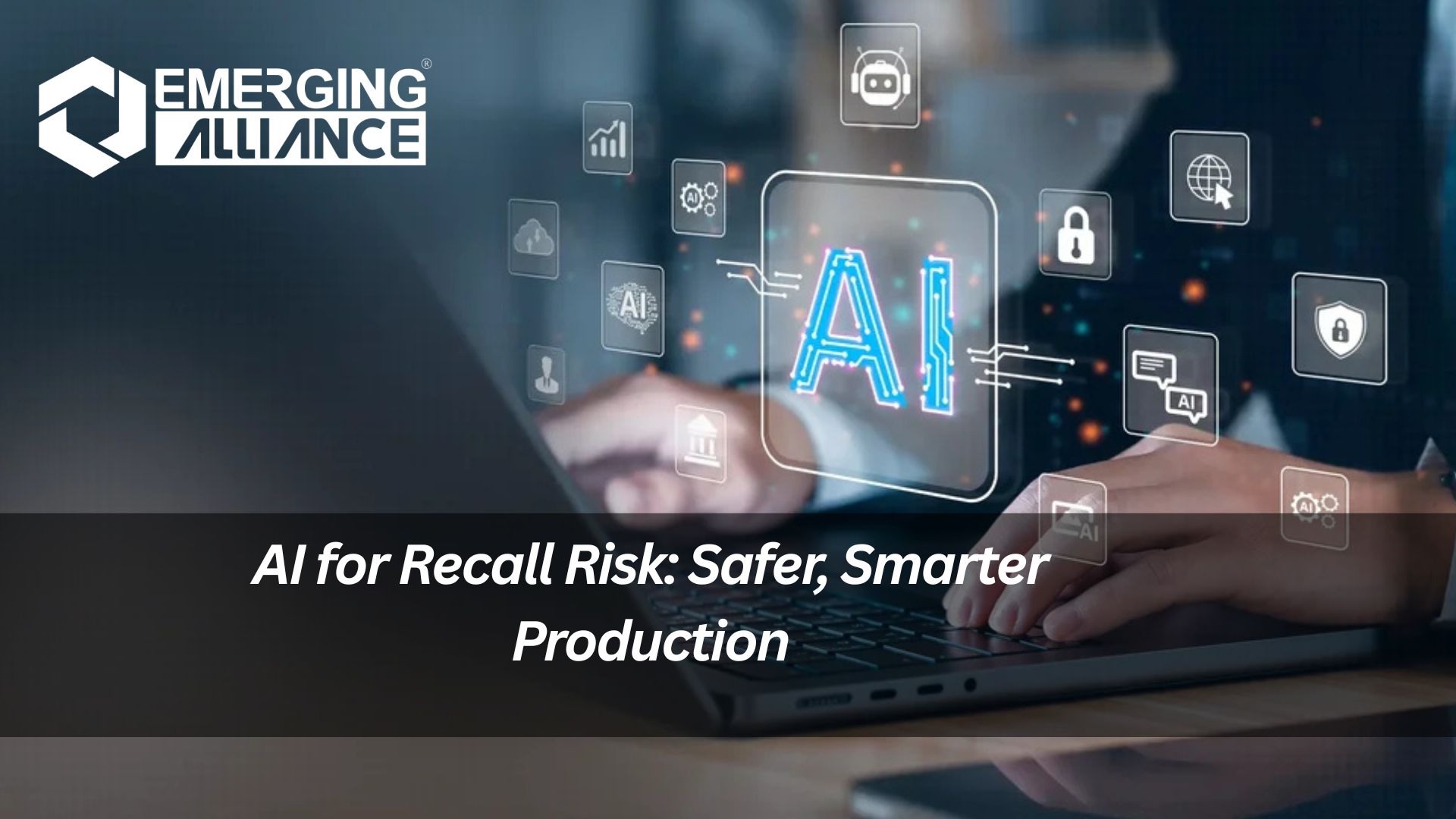
Protect Your Pharma Brand with SAP B1 and AI Recall Risk Scoring
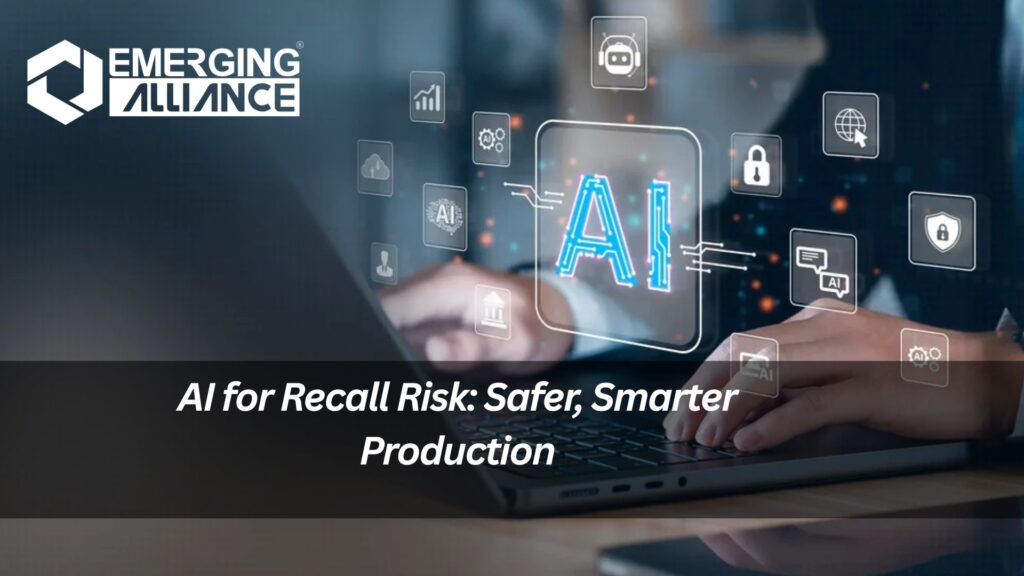
Stop Costly Pharma Recalls Using AI-Enhanced SAP B1 Tools
Product recalls in the pharmaceutical industry aren’t just expensive—they can damage brand reputation, disrupt supply chains, and risk patient safety. With AI-enhanced SAP B1, pharma companies can now predict and prevent recall risks before they happen. This smart ERP solution combines real-time data, intelligent alerts, and batch-level traceability to help you stay compliant, reduce quality failures, and protect your brand from costly recalls.
🤖 What Is AI Powered SAP B1 Recall Risk Scoring?
AI-powered recall risk scoring uses machine learning and advanced analytics to analyze data across the product lifecycle—right from raw materials to production, packaging, and post-market feedback. The system assigns a risk score to batches or products based on how likely they are to be defective or non-compliant.
This allows pharma companies to:
- Avoid full-scale recalls and penalties
- Detect potential issues early
- Intervene before distribution
🔬 Why Product Recalls Happen in Pharma Recall Risk Scoring
- Pharmaceutical recalls typically result from:
- Contamination or sterility failures
- Incorrect labeling or dosage
- Adverse reactions or safety risks
- Manufacturing deviations
- Regulatory non-compliance
These issues can go unnoticed until a product reaches patients—unless AI helps catch them earlier.
🧠 How AI Recall Risk Scoring Works
Here’s how AI-powered recall risk scoring functions:
- Data Collection: AI systems collect structured and unstructured data from manufacturing, lab testing, batch records, supplier inputs, and more.
- Pattern Recognition: Machine learning algorithms identify trends or anomalies that are linked to past recalls or defects.
- Risk Scoring: Each product or batch is given a recall risk score, helping quality teams prioritize which ones need review or rework.
- Proactive Alerts: When scores cross defined thresholds, the system sends alerts, enabling fast, informed action before distribution.
🧪 Real-World Example
A pharmaceutical manufacturer used AI recall risk scoring to monitor its injectable drug production line. The AI identified subtle trends in temperature deviation and operator shifts that had previously gone unnoticed. The company re-calibrated equipment, retrained staff, and prevented what would have been a multi-million-dollar recall—all before the product left the warehouse.
💡 Key Benefits of AI enabled SAP B1 for Pharma
- Early risk detection before batch release
- Reduced product recalls and quality failures
- Improved regulatory compliance
- Faster decision-making with real-time insights
- Lower operational and legal costs
- Boosted patient safety and brand reputation
📈 Aligning with Pharma 4.0 and Industry 5.0
As the pharmaceutical industry embraces Pharma 4.0 and Industry 5.0, AI-driven solutions like recall risk scoring are becoming essential. They support smarter manufacturing, human-machine collaboration, and data-driven quality control that adapts to changing regulations and market needs.
✅ Conclusion
In today’s high-stakes pharmaceutical landscape, prevention is the best protection. AI-powered recall risk scoring gives pharma companies the tools they need to stay one step ahead—ensuring product safety, compliance, and business continuity.
Don’t wait for a recall to disrupt your operations. With AI, you can predict, prevent, and protect—before it’s too late.
FAQs
1. What is AI-powered recall risk scoring in pharma?
AI-powered recall risk scoring uses artificial intelligence to analyze production and quality data, assigning a risk score to each batch or product based on its likelihood of being recalled.
2. How does AI help prevent pharmaceutical product recalls?
AI detects patterns and early warning signs—like equipment issues or quality deviations—allowing pharma companies to take action before defective products reach the market.
3. What types of data are used in AI recall risk scoring?
Data includes batch records, lab results, environmental conditions, equipment logs, supplier performance, and even customer feedback.
4. Can AI recall scoring help meet GMP and FDA regulations?
Yes. By identifying non-compliance risks early, AI supports faster decision-making and helps companies stay aligned with GMP, FDA, and other regulatory standards.
5. Is AI recall risk scoring only for large pharmaceutical companies?
No. It’s scalable and can be implemented by small and mid-sized pharma companies to enhance their quality control and risk management practices.
6. What are the most common causes of product recalls in pharma?
Contamination, labeling errors, incorrect dosage, packaging issues, and non-compliance with regulatory standards are among the most frequent causes.
7. How accurate is AI in predicting product recalls?
When trained with quality data, AI models can offer high accuracy by identifying hidden patterns and risk indicators that traditional methods might miss.
8. Does AI recall scoring replace human quality checks?
No. It complements human expertise by providing real-time data and insights, allowing quality teams to focus on high-risk areas more effectively.
9. What are the benefits of using AI for recall prevention?
Key benefits include reduced recall costs, improved product safety, faster batch release decisions, stronger compliance, and enhanced brand trust.
10. How long does it take to see results from AI risk scoring?
Pharma companies often see measurable improvements—such as fewer deviations and reduced quality failures—within 3 to 6 months of implementation.
💡 Ready to transform your medical equipment business with SAP Business One? Contact us today!
Also read, similar articles that interests you on SAP B1 + AI for Pharmaceutical Industry.


